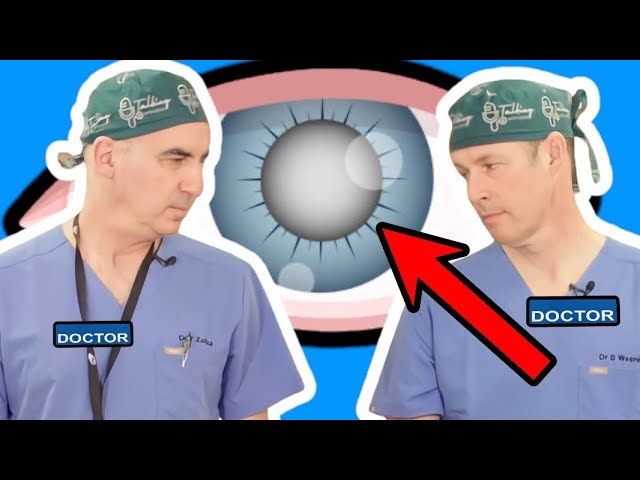10 Traditional Medicine Practices for Improved Eye Health: Tips and Techniques from Vision Experts
When it comes to maintaining good eye health, traditional medicine has a lot to offer. For centuries, people have turned to natural remedies and practices to keep their eyes healthy and stave off vision-related problems. While modern medicine has certainly made impressive strides in treating eye conditions, there’s still a lot to be said for some of these tried-and-true natural methods.
Of course, it’s important to remember that just because something is “natural” doesn’t automatically mean it’s safe or effective. It’s always a good idea to consult with your eye doctor before starting any new treatments or making any major changes to your current eye care routine.
The Benefits of Traditional Medicine for Eye Health
So, what exactly can traditional medicine offer when it comes to maintaining healthy eyes? Here are just a few examples:
1. Herbal Remedies
Many herbs and plants have properties that can help protect and promote eye health. For example, bilberry has been long used to support eye health and may even help improve night vision. Similarly, ginkgo biloba has been linked to better blood flow to the eyes, which can help prevent conditions such as macular degeneration.
2. Eye Exercises
In some traditional medicine practices, specific exercises are recommended to help strengthen the eye muscles and improve overall vision. These exercises can range from simple eye movements to more focused exercises that target specific eye muscles.
3. Acupuncture
Acupuncture involves the insertion of tiny needles into specific points on the body, and it has been used for centuries to treat a wide range of health conditions—including eye problems. Some studies have suggested that acupuncture may be helpful in treating conditions such as glaucoma and dry eye syndrome.
Putting Traditional Methods to Work
If you’re interested in exploring some of the ways that traditional medicine can help support eye health, it’s important to work with a qualified practitioner who has experience in this area. They can help guide you in choosing the right remedies, exercises, or treatments for your specific needs and ensure that you’re using them safely and effectively.
- Remember, though: traditional remedies should never be used as a substitute for professional medical care. If you’re experiencing any issues with your eyes or vision, it’s always best to consult with an eye doctor or other qualified medical professional.
- Finally, don’t forget the basics: getting plenty of rest, staying hydrated, and eating a healthy diet can all help support optimal eye health, no matter what other remedies you’re using.
Contents
Most wanted in Hoya Vision:
What brand lenses does Costco use?
Hoya Lens Engravings
What’s the rarest eye color?
Which lens is better Alcon or Johnson and Johnson?
How to Choose the Right Temple Type for Your Glasses
Hoya Sensity Vs Transitions Xtractive
What’s the difference between 1.5 and 1.6 lenses?
1.53 Trivex Impact Resistant
What lenses do Costco use?
Wide Corridor Progressive Lenses
















